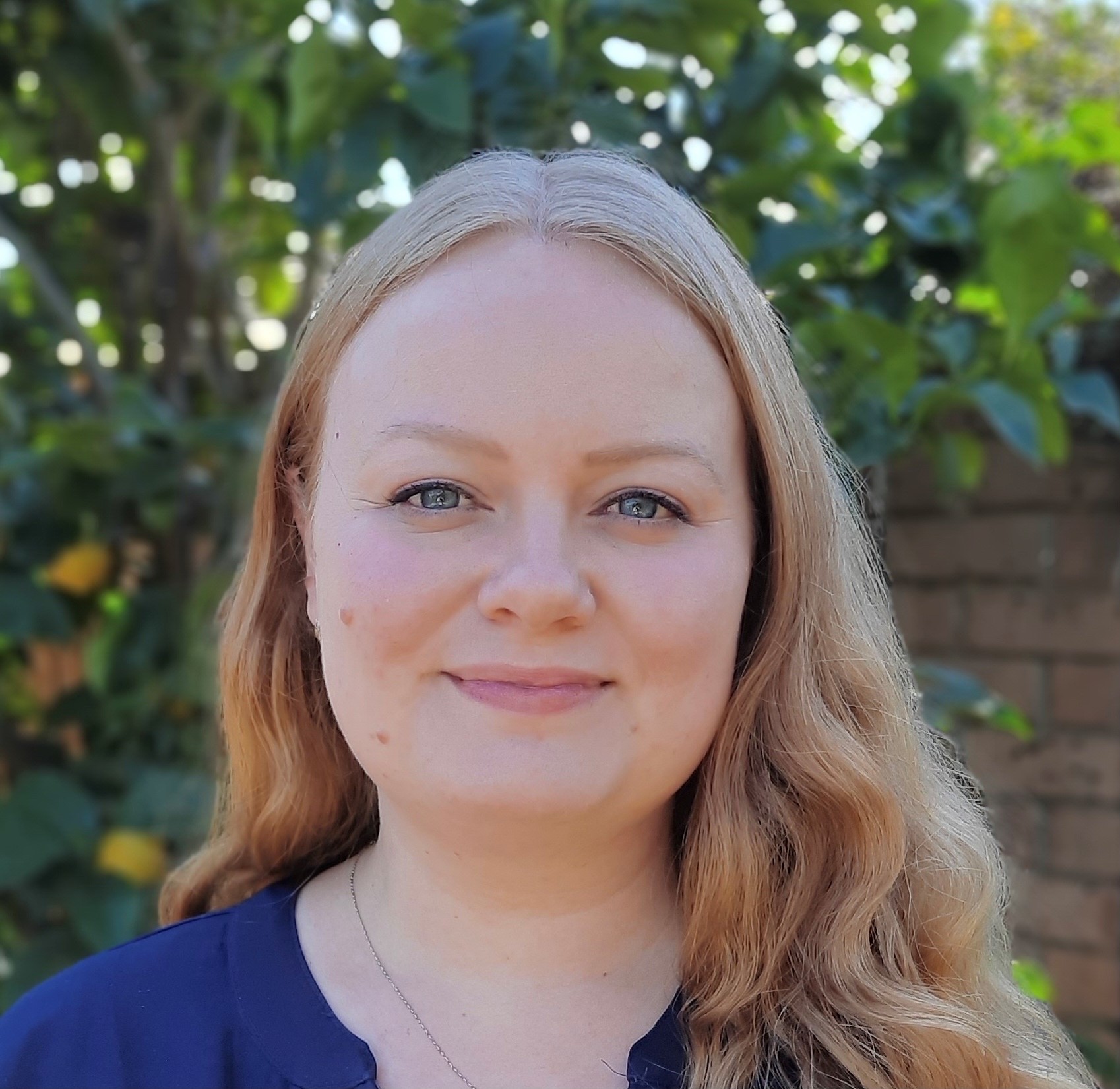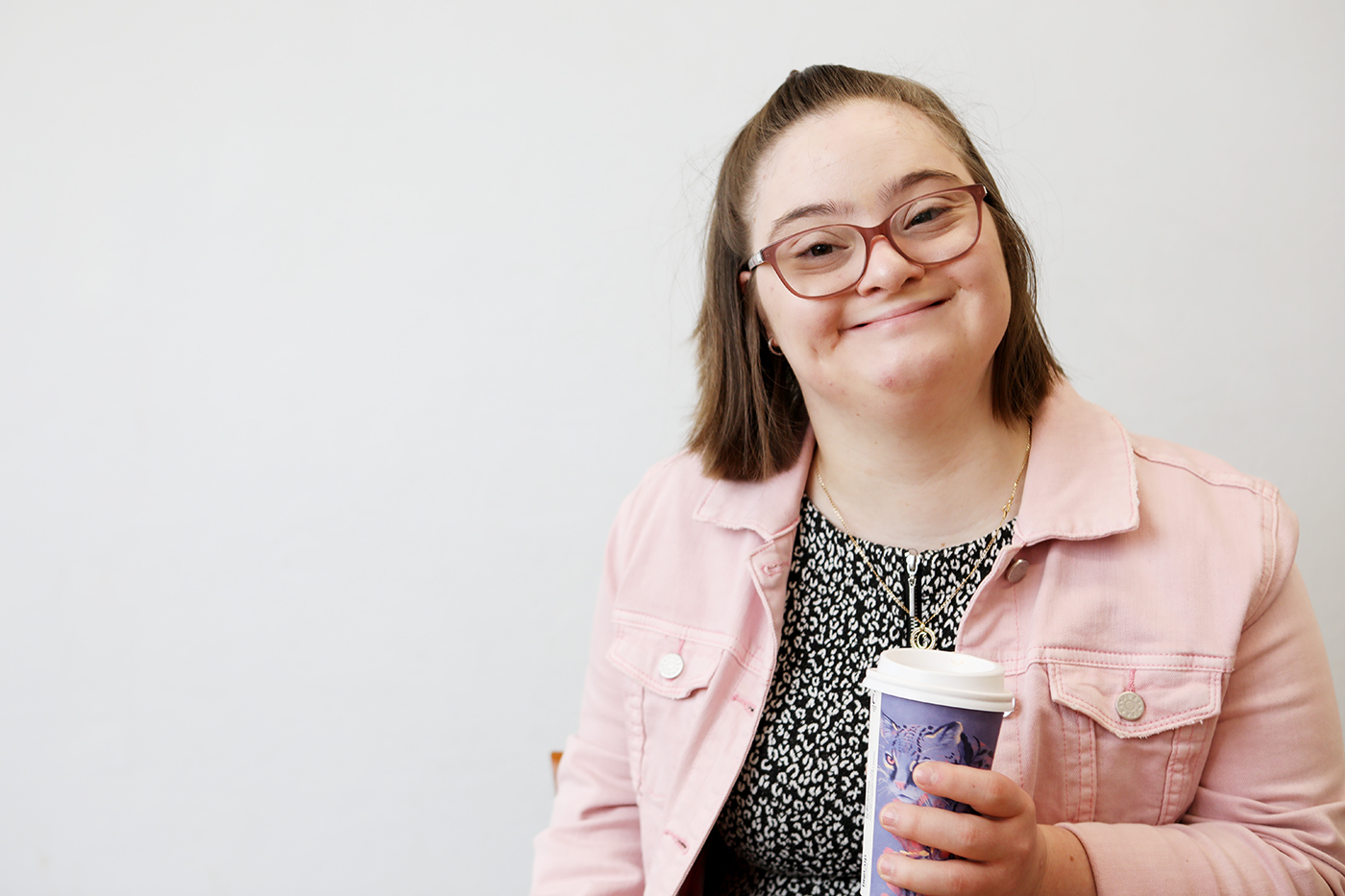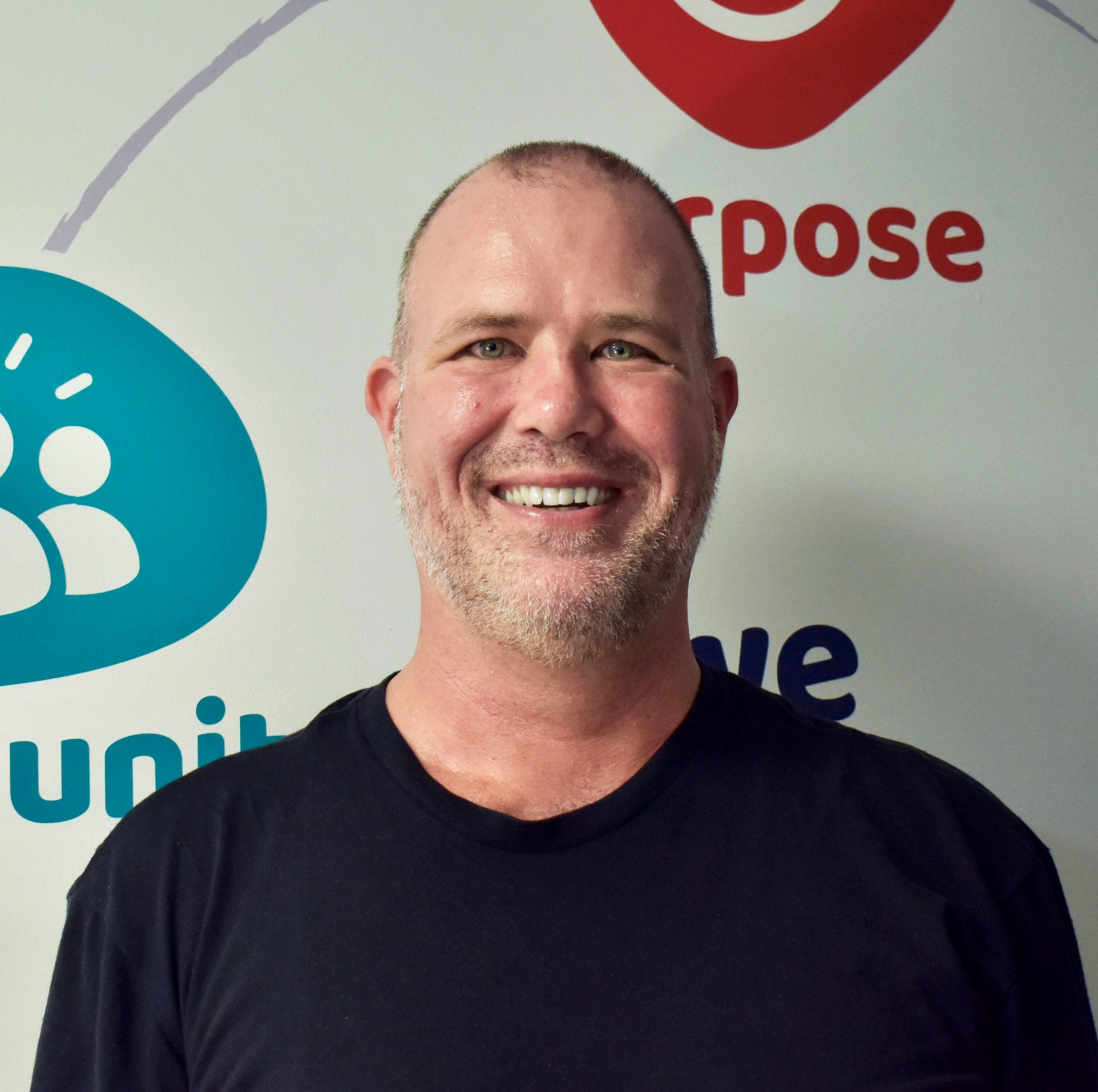Presentations
Evidence to Practice: Transitioning to employment – part 2
1. Breaking Down Barriers: How Jobs-Focused Social Enterprises Facilitate Employment Transitions
Roksolana Suchowerska, Senior Lecturer, Centre for Social Impact, Swinburne University of Technology
Supporting people with complex barriers to work to achieve their desired employment outcomes requires an integrated approach between job seeker, service providers (employment and other), transitional employer, and future employer. In the context of marketized employment services, the prevailing approach has instead been to guide people along a typically disjointed pathway from ‘preparation for employment’ to ‘employment’, without meaningful engagement of future employers. Evidence shows that this is ineffective for people who are marginalised in the labour market, among whom people with disability are overrepresented.
This paper looks at how jobs-focused social enterprises (JFSE) are innovating employment transitions through the engagement and coordination of key stakeholders. The empirical study is informed by 20 qualitative interviews—including with people with disability who worked in JFSE (n=8) and with JFSE practitioners and intermediaries (n=12). Data were gathered in the context of a longitudinal evaluation of the Australian Government’s Payment By Outcomes Trial for social enterprises, delivered by White Box Enterprises.
The research illustrates that JFSEs are developing at least three distinct ‘employment transition models’, which differ in their approach to shaping employee expectations about future employment, and in the extent to which they work with new employers to create transitional pathways. The extent to which social enterprises worked with prospective employers depended partly on what support they considered their employees needed, and opportunities within their business models and collaborative local business networks to create or customise employment opportunities and pathways.
Authors: Roksolana Suchowerska, Michael Moran, Aurora Elmes
2. Employment Connections – supporting people with Down syndrome into meaningful employment
Liz Willis – Project Manager, Down Syndrome Australia
Gemma Clark – Manager for Inclusion and Lived Experience, ACT Down Syndrome and Intellectual Disability
Charlotte Bailey – ACT Down Syndrome and Intellectual Disability
People with Down syndrome have traditionally been excluded from jobs in the mainstream workforce, instead working in segregated settings or spending time in day centres. This is despite good evidence that when provided with the right support, people with Down syndrome make valued employees in the mainstream workforce.
Down Syndrome Australia drew from the evidence base to develop the Employment Connections service. The service provides highly individualised and tailored supports to people with Down syndrome and employers to create and support a job match. In this presentation you will hear about how the Employment Connections services was developed, the outcomes it has achieved and the factors that have led to that success.
3. Creating Pathways to Employment: A Deep Dive Into Stepping Stone Clubhouse and Transitional Program
Melanie Sennett, CEO, Stepping Stone Clubhouse & Will McKinlay, Peer Worker, Stepping Stone Clubhouse
Melanie Sennett, CEO and Will McKinlay, Clubhouse Member of Stepping Stone Clubhouse, will introduce Stepping Stone Clubhouse—a thriving Brisbane-based community of individuals living with mental ill-health. They will share insights into the Clubhouse’s unique model and employment program, which fosters dignity, community inclusion, and recovery through meaningful engagement and opportunities.
The presentation will focus on the evidence-based outcomes of the Transitional Employment Program, a key initiative connecting members with real-world work experiences while providing ongoing support. Research shows that supported employment programs like Transitional Employment enhance self-esteem, improve mental health outcomes, and increase the likelihood of sustained employment. An evaluation of Stepping Stone Clubhouse by Enable Health Consulting (EHC) highlights significant positive outcomes in employment for its members. The findings demonstrate that the Clubhouse’s programs, particularly its Transitional Employment initiative, have been effective in helping members gain meaningful work, build confidence, and transition into long-term employment. The evaluation also underscores the importance of ongoing support provided by the Clubhouse, which plays a critical role in sustaining employment and improving overall wellbeing.
Will will discuss his experience of Transitional Employment, emphasizing its transformative impact on members’ confidence, skills, and quality of life.
This presentation aims to inspire attendees to explore innovative, evidence-based approaches to mental health and employment. Participants will leave with insights into creating supportive environments that promote empowerment, inclusion, and recovery.
Presenters
Primary Speakers





